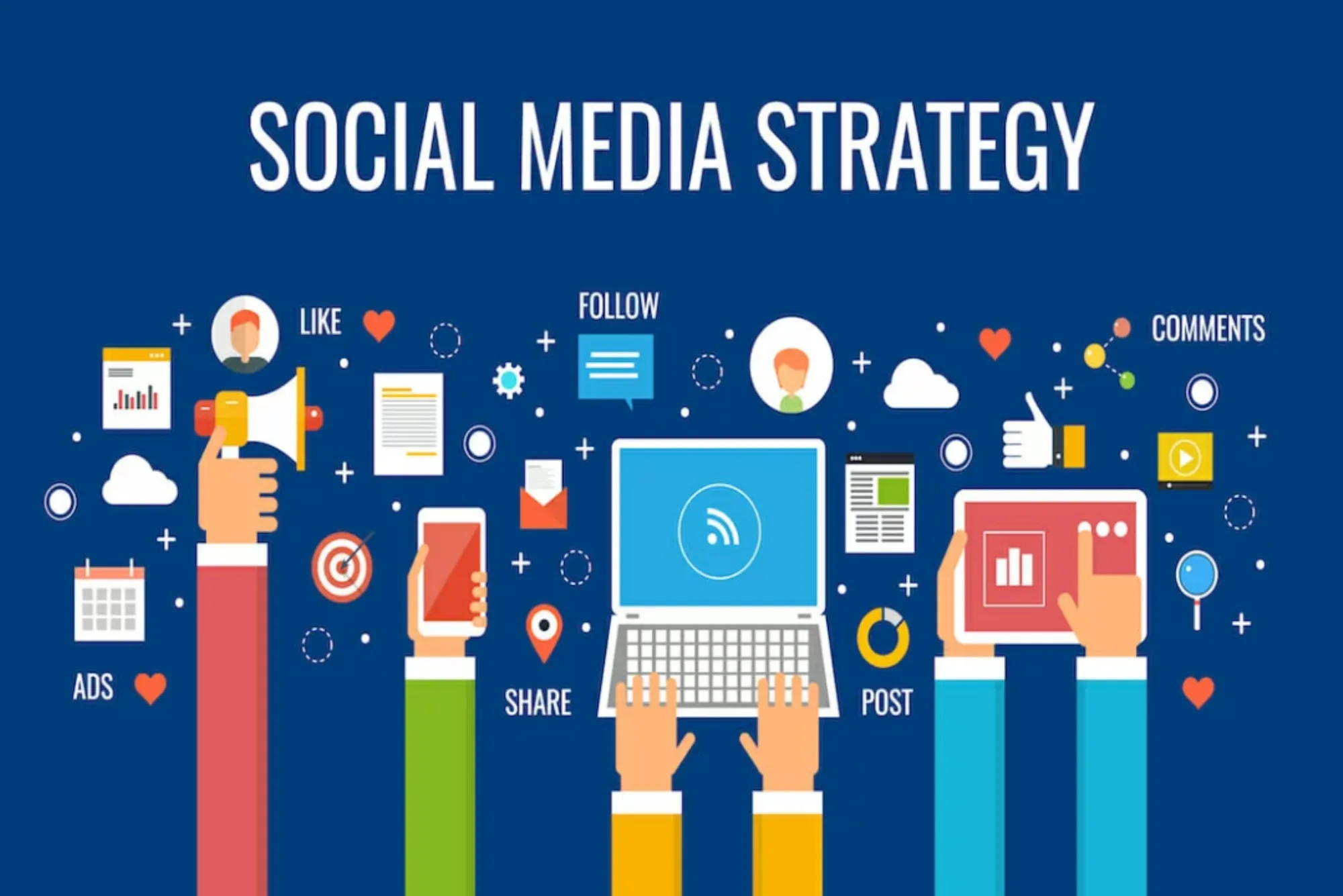Short-form videos have dominated social media marketing for the past few years, capturing attention in seconds and driving engagement like never before. But as audiences become more discerning, marketers need to look beyond short-form content to maintain influence and drive growth. The future of social media marketing involves a combination of innovation, technology, and authentic engagement strategies.

AI-Powered Content Creation
Artificial intelligence is revolutionizing content creation. AI tools can now generate videos, captions, graphics, and even entire campaigns with minimal human effort. Platforms are increasingly using AI to personalize content based on user behavior, creating posts that resonate with individual preferences. For marketers, this means producing high-quality content faster and targeting audiences more precisely. AI doesn’t just save time; it allows brands to experiment with new formats, test variations, and optimize performance continuously, giving them a significant competitive edge.
Immersive Experiences with AR and VR
Augmented reality (AR) and virtual reality (VR) are moving beyond gaming and entertainment into social media marketing. Brands are now creating interactive AR filters, virtual stores, and immersive experiences that allow users to “try before they buy” or engage in fully interactive campaigns. These technologies create memorable experiences that short-form videos alone cannot deliver. As AR and VR tools become more accessible, marketers can craft deeper connections with audiences through immersive storytelling that encourages participation and loyalty.
The Rise of Podcasts and Long-Form Audio
While short-form videos capture attention, long-form audio content like podcasts builds deeper connections. Podcasts allow brands to share in-depth knowledge, tell stories, and discuss topics that matter to their audience. Unlike videos that require constant scrolling, podcasts provide an intimate, focused experience that fosters trust. For marketers, this presents an opportunity to position their brand as an expert in their niche while creating loyal, highly engaged followers who are more likely to convert into customers.
Hybrid Content Strategies
The future is not about choosing between short-form and long-form content; it’s about combining them effectively. Hybrid strategies use short-form videos to spark interest and then guide audiences to longer-form content such as blogs, podcasts, or webinars. This layered approach maximizes engagement by catering to both casual viewers and those seeking in-depth information. Brands that master hybrid content strategies can maintain visibility while delivering real value, increasing both brand authority and audience loyalty.
Social Commerce and Shoppable Content
Social media is increasingly becoming a direct sales channel. Platforms now offer shoppable posts, in-video checkout options, and product tagging, allowing users to make purchases without leaving the app. This seamless integration of commerce and content makes it easier for followers to become customers. By combining creativity with functionality, marketers can turn engagement into revenue, transforming social media from a branding tool into a key part of their sales strategy.
User-Generated Content (UGC) and Authenticity
Consumers crave authenticity. User-generated content (UGC) allows brands to showcase real customer experiences, reviews, and stories. Featuring UGC not only builds credibility but also fosters a sense of community. Followers are more likely to trust recommendations from peers than traditional advertising. Encouraging and highlighting UGC strengthens the relationship between brand and audience while providing a continuous stream of authentic content that drives engagement and conversions.
Data-Driven Personalization
Personalization is becoming the backbone of effective social media marketing. Advanced analytics allow brands to understand individual user behavior, preferences, and interactions. By leveraging this data, marketers can deliver highly targeted content, offers, and experiences tailored to each audience segment. Personalized campaigns not only improve engagement but also increase conversion rates, as users feel seen and understood by the brand.
Conclusion
The future of social media marketing is about more than short-form video. AI-driven content, immersive AR/VR experiences, podcasts, hybrid strategies, social commerce, UGC, and data-driven personalization are all shaping the next generation of engagement. Brands that adapt to these trends and embrace innovation will capture attention, build trust, and convert followers into loyal customers in 2026 and beyond.










